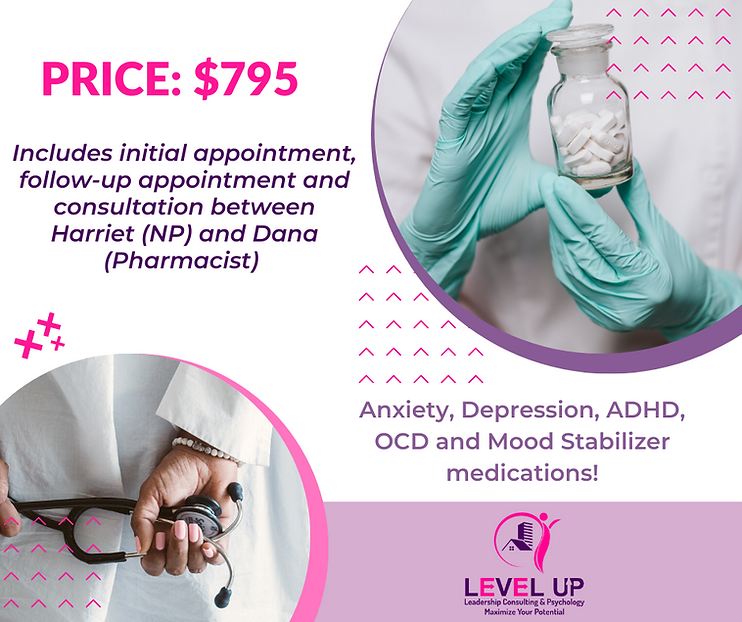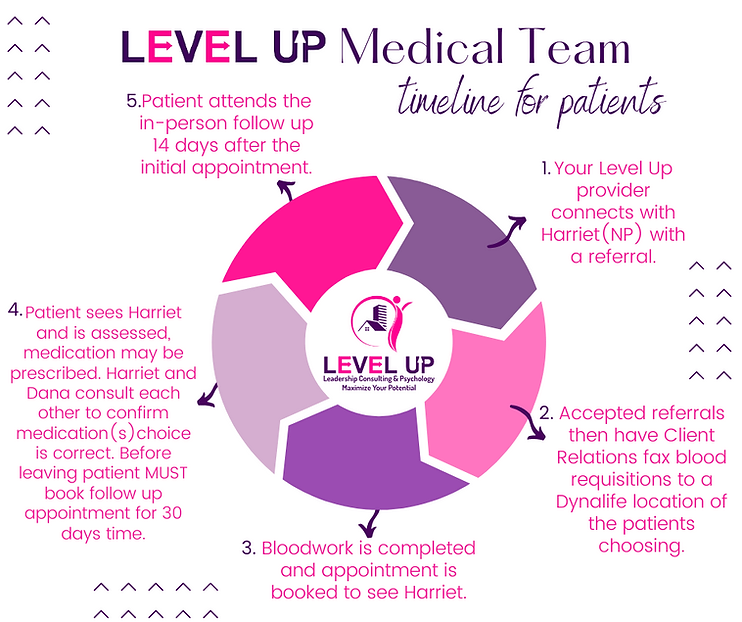Nurse Practitioners (NPs) are registered nurses (RNs) with graduate degrees and advanced knowledge and skills. They are trained to assess, diagnose, treat, order diagnostic tests, prescribe medications, make referrals to specialists and manage overall care. Nurse practitioners often work closely with physicians and other health professions as part of a team. Some NPs work independently and manage their own clinics.
Nurse practitioners have the competence to provide comprehensive health assessment, to diagnose health/ illness conditions, and to treat and manage acute and chronic illness within a holistic model of care. Nurse practitioners order and interpret screening and diagnostic tests, perform procedures and prescribe medications, while integrating the principles of resource allocation and cost-effectiveness, in accordance with federal, provincial and territorial legislation and policy.
Master’s degree in nursing, some hold a doctorate
At least 4,500 hours of clinical registered nursing practice
Registered with the College of Registered Nurses of Alberta (CRNA) – Nurse Practitioners
Pharmacists play a key role in providing patients with quality health care services. They work to ensure patients’ drug treatment plans are safe, effective and support their medical care plan. Pharmacists are responsible for overseeing the preparation and distribution of prescription medication and other controlled substances and equipment. They review patient prescriptions and drug information to look for warnings and potential interactions with other medications or treatments.
Pharmacists also provide medication information and counselling to patients and their families, caregivers and other health care professionals. As well, they monitor the effects and outcomes of drug therapies. In some cases, they may be responsible for prescribing medications, ordering and following laboratory tests, administering injections and physical assessment of patients.
Pharmacists are encouraged to work to their full scope of practice, working directly with patients and other members of the health care team. In addition, pharmacists may supervise and direct the work of other pharmacy staff, including pharmacy technicians and assistants. They might also deliver educational sessions to other health care professionals.
Pharmacists work in various types of facilities, including hospitals, community health offices, cancer care centres, ambulatory clinics and home care. Depending on the size and type of facility, pharmacists in dispensaries may work independently or as part of a larger team comprised of other pharmacists, pharmacy technicians and pharmacy assistants.
When working on a patient care unit or in a hospital clinic, pharmacists work within an interprofessional team including doctors, nurses, nurse practitioners, dieticians, social workers, physiotherapists, occupational therapists and other health care professionals.
Pharmacists may work full or part-time hours, or on a call-in (casual) basis. They can apply for positions that are permanent, temporary or casual depending on department and facility needs. Shift schedules may include a combination of day, evening, weekend and holiday shifts, as well as on-call duty.



If you have questions regarding occupational therapy services, please contact our client relations team.